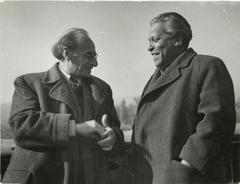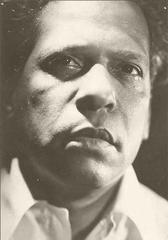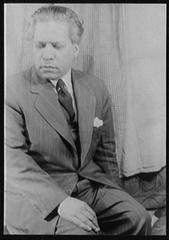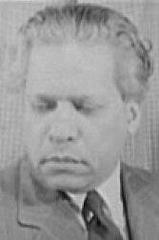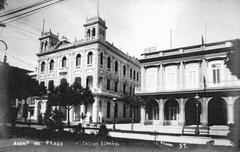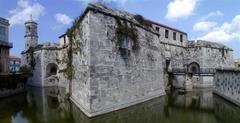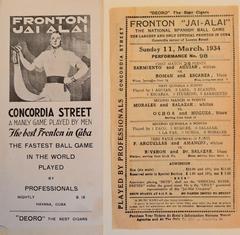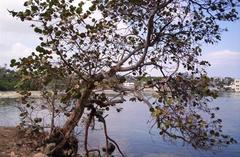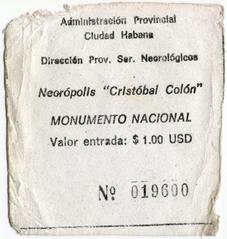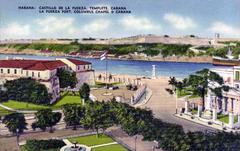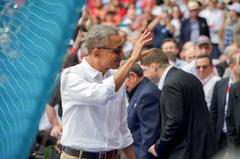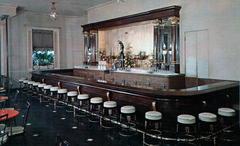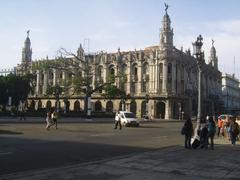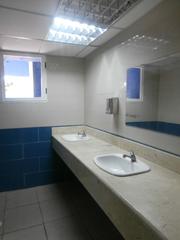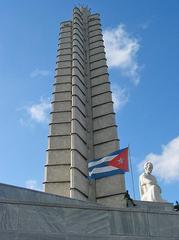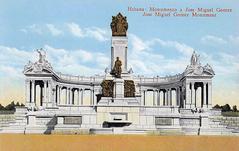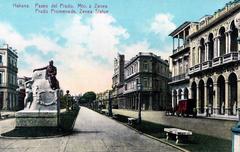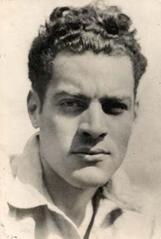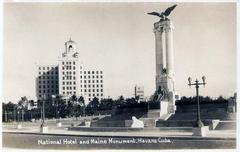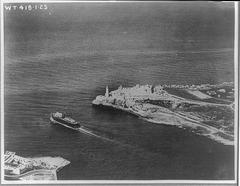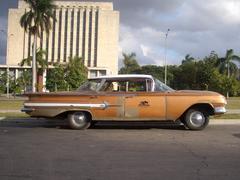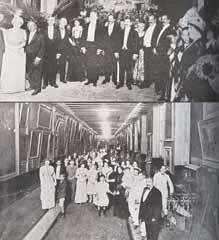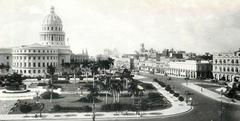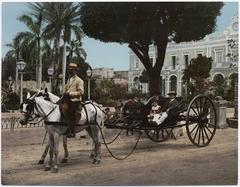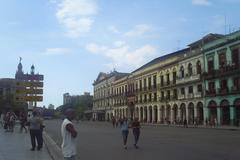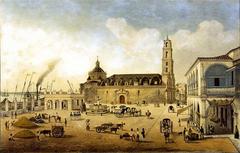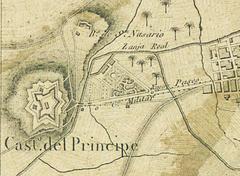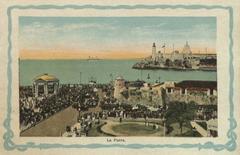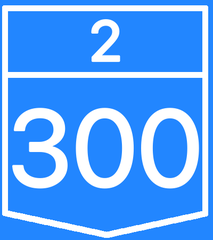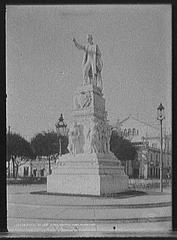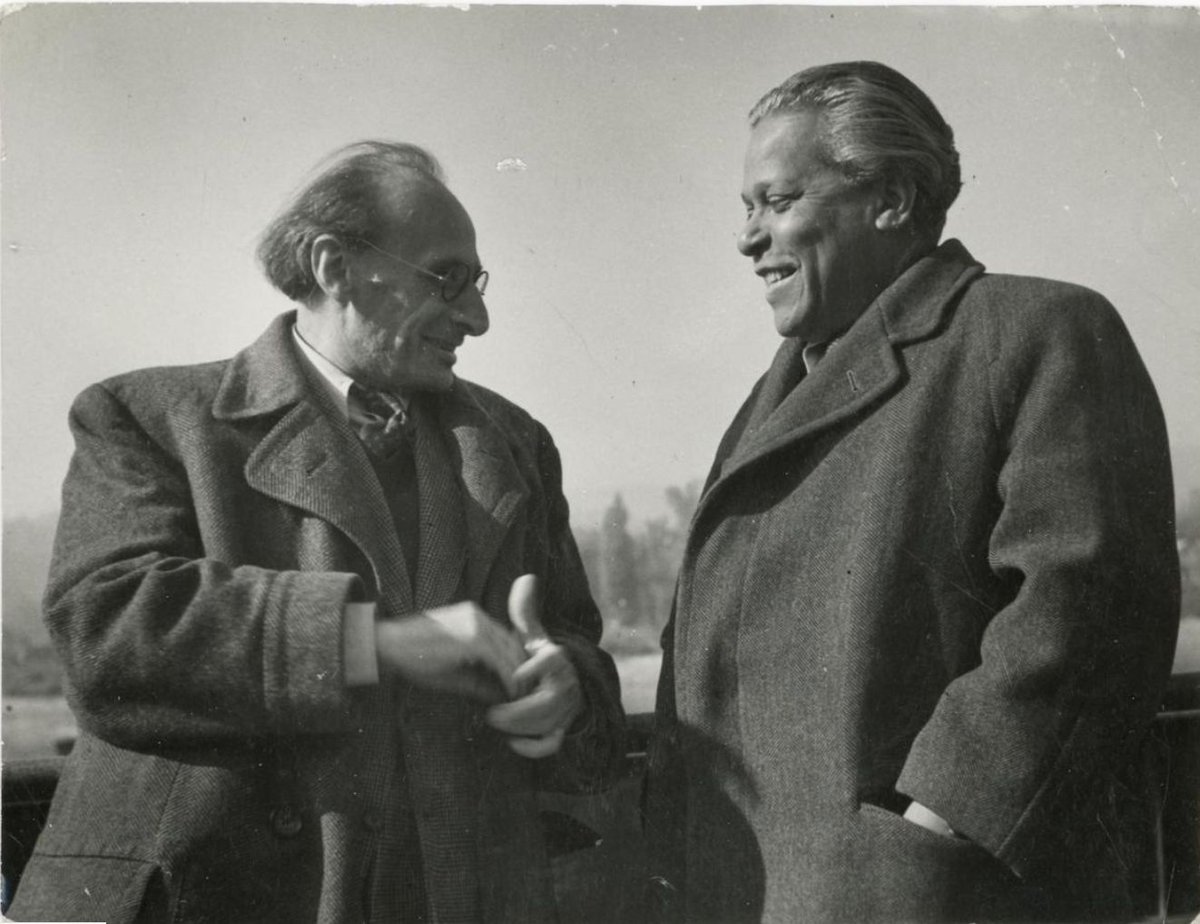
Nicolás Guillén Havana Province Cuba: Visiting Hours, Tickets, and Travel Guide
Date: 14/06/2025
Introduction
Nicolás Guillén, Cuba’s revered national poet, stands as a cornerstone of Cuban culture and identity. Through his poetry and activism, Guillén elevated Afro-Cuban heritage, addressed social justice, and influenced generations of writers and artists. Havana, the nation’s cultural epicenter, is home to a vibrant array of sites celebrating his legacy—from museums and public monuments to literary festivals and guided tours. This detailed travel guide provides essential information on visiting hours, tickets, practical tips, and insider recommendations for exploring Nicolás Guillén-related sites in Havana. Whether you are a literary enthusiast, history buff, or curious traveler, immerse yourself in the rich tapestry of Cuba’s artistic and revolutionary spirit through the legacy of Nicolás Guillén. (Fundación Nicolás Guillén; Wikipedia; Poetry Foundation; Cuba50)
Table of Contents
- Life and Legacy of Nicolás Guillén
- Key Sites to Visit in Havana
- Practical Visitor Information
- Cultural Tips and Events
- FAQs
- Summary and Recommendations
- Sources and Further Reading
Life and Legacy of Nicolás Guillén
Early Life and Background
Born in Camagüey, Cuba, in 1902, Nicolás Guillén was profoundly shaped by his mixed African and Spanish heritage. His father, a journalist and independence fighter, exposed him early to Afro-Cuban music and culture. The assassination of his father when Guillén was only 15 left the family in hardship and deeply influenced his commitment to social justice (Britannica; BlackPast).
Education and Literary Emergence
Guillén studied law briefly at the University of Havana but left to support his family, working as a typographer and journalist. His early poems appeared in local magazines, and a pivotal encounter with Langston Hughes in 1929 deepened his focus on Afro-Cuban themes (Civil Rights Teaching).
The Afro-Cuban Movement
His 1930 collection Motivos de son revolutionized Cuban literature by using Afro-Cuban rhythms and vernacular, making black culture central to national identity. Subsequent works like Sóngoro Cosongo and West Indies Ltd furthered this legacy (Poetry Foundation).
Political Activism and Exile
Guillén’s poetry became inseparable from his activism. A committed communist, he faced arrests and exile during Batista’s dictatorship, spending years abroad but continuing to write and advocate for oppressed peoples (Wikipedia; BlackPast).
Revolutionary Cuba and Cultural Impact
After the 1959 revolution, Guillén returned to lead the National Writers’ Union (UNEAC) and remained a guiding voice in Cuban cultural policy, producing iconic works like Tengo and El gran zoo. His influence on Cuban arts, identity, and revolutionary ideals remains profound (Radio 26).
Key Sites to Visit in Havana
Fundación Nicolás Guillén
Location: Calle 17 esq. H, No. 351, Vedado, Plaza de la Revolución
Visiting Hours: Mon–Fri, 9:00 AM–5:00 PM; check website for updates
Tickets: Generally free; some special events may require tickets
Highlights: Permanent exhibitions, literary archives, poetry readings, Afro-Cuban cultural programs
Accessibility: Wheelchair accessible
Nearby: Plaza de la Revolución, José Martí Memorial
(Fundación Nicolás Guillén)
Colón Cemetery
Significance: Final resting place of Nicolás Guillén
Hours: Daily, 8:00 AM–5:00 PM
Tickets: Small fee (varies for locals/tourists)
Tips: Wear comfortable shoes; guided tours recommended for historical context
Photo Opportunities: Ornate mausoleums, Guillén’s grave (Wikipedia)
Nicolás Guillén Statue (Alameda de Paula)
Location: Alameda de Paula, Old Havana
Visiting Hours: Outdoor statue, accessible dawn to dusk
Tickets: Free
Guided Tours: Included in many literary walking tours
Accessibility: Mostly accessible, though some surrounding streets are cobblestone
Events: Occasional poetry readings, especially during festivals (Lonely Planet)
Museo Nacional de la Literatura Cubana
Location: Plaza de la Catedral, Old Havana
Hours: Tue–Sat, 10:00 AM–5:00 PM
Tickets: Free or low-cost
Highlights: Guillén manuscripts, first editions, memorabilia, literary tours
(WhichMuseum)
Biblioteca Nacional José Martí
Hours: Mon–Sat
Tickets: Free; reading room pass (passport required) for special collections
Highlights: Rare Guillén editions, literary exhibitions
(Authentic Cuba Tours)
Museo de la Revolución
Hours: Open daily
Tickets: Modest fee
Highlights: Exhibits on Guillén’s political activism and writings
(The Tourist Checklist)
Literary Walks and Murals
Guided tours through Old Havana showcase public art, street murals, and cafés associated with Guillén’s circle. Look for murals in Centro Habana and Vedado; many are accessible at all times.
Practical Visitor Information
Visiting Hours and Tickets
- Monuments & Murals: Always open, free
- Museums & Cultural Centers: Typically 10:00 AM–6:00 PM (Tue–Sat); check specific sites for updates
- Guided Tours: Available; fees vary by provider
- Special Events: Ticketing and schedules vary, especially during festivals or commemorative dates
Accommodation and Where to Stay
- Casas Particulares: Recommended for cultural immersion; regulated and safe (Rough Guides)
- Hotels: Options like Hotel Nacional and boutique colonial hotels are available (CubasBest)
- Locations: Habana Vieja, Vedado, and Centro Habana offer proximity to most landmarks
Transportation
- Official Taxis: Reliable; confirm fares in advance (Travel Like a Boss)
- Classic Car Tours: Unique way to visit literary sites (CubasBest)
- Public Transit: Buses are cheap but crowded; walking is ideal in historic districts
Safety & Health
- Crime: Low rates of violent crime, but watch for pickpocketing (EntryCubaForm)
- Health: Drink bottled water; carry basic medical supplies; emergency: police 106, medical 104 (RentalCarCuba)
Money and Internet
- Currency: Bring euros or Canadian dollars for exchange; U.S. cards not accepted (Anywhere We Roam)
- Internet: Limited Wi-Fi; buy ETECSA cards; download maps offline
Food & Dining
- Paladares: Private restaurants for local cuisine (ropa vieja, moros y cristianos, seafood)
- Tipping: 10% standard; small gifts appreciated in casas particulares
Accessibility
- Historic Districts: Uneven cobblestones; limited wheelchair access—plan accordingly
Packing List
- Lightweight, breathable clothes
- Walking shoes
- Sun protection (hat, sunscreen)
- Water bottle (for bottled water)
- Medical kit and prescriptions
- Phrasebook or translation app
- Copies of documents
- Power adapter (110V/220V, American plugs)
Emergency Contacts
- Police: 106
- Medical Emergency: 104
- US Embassy: +53 7 839 4100
- UK Embassy: +53 7 214 2200
Cultural Tips and Events
- Language: Spanish is primary; English available in main museums/tours
- Etiquette: Dress modestly, ask before photographing people, be respectful in cultural spaces
- Guided Tours: Enhance experience and provide context
- Special Events: Plan visits around Guillén’s birthday (July 10), the Havana International Book Fair (February), and other literary festivals for enriched programming (Authentic Cuba Tours)
Frequently Asked Questions (FAQs)
Q: Are Nicolás Guillén-related sites free to visit?
A: Most public monuments are free; museums and events may charge small fees.
Q: What are typical visiting hours?
A: Museums and cultural centers: 10:00 AM–6:00 PM, Tuesday–Saturday; monuments accessible at all times.
Q: Are tours available in English?
A: Yes, many museums and walking tours offer English guides.
Q: Is Havana safe for tourists?
A: Yes, but exercise standard precautions against petty theft.
Q: What’s the best time to visit for cultural events?
A: July (Guillén’s birthday), February (Book Fair), and during major festivals.
Summary and Recommendations
Exploring Havana through the lens of Nicolás Guillén’s life and legacy offers a meaningful and immersive experience of Cuba’s cultural and revolutionary history. With accessible landmarks, engaging museums, and vibrant literary events, visitors can connect with Guillén’s enduring influence on Cuban identity and the arts. Prepare with practical tips on accommodation, transportation, and safety, and consider guided tours or festival visits for a deeper understanding. Download the Audiala app for curated tours, offline maps, and up-to-date event information. Let Guillén’s poetry inspire your journey through Havana.
Sources and Further Reading
- Visiting the Legacy of Nicolás Guillén: A Guide to Havana’s Cultural Landmarks and Historical Sites, 2024, Fundación Nicolás Guillén (http://www.fguillen.cult.cu/)
- Nicolás Guillén, Biography, 2023, Britannica (https://www.britannica.com/biography/Nicolas-Guillen)
- Nicolás Guillén, Wikipedia, 2024 (https://en.wikipedia.org/wiki/Nicol%C3%A1s_Guill%C3%A9n)
- Nicolás Guillén (1902-1989), BlackPast (https://www.blackpast.org/global-african-history/guillen-nicolas-1902-1989/)
- Visiting the Nicolás Guillén Statue in Havana: Hours, Tickets, and Cultural Significance, 2024, Local Havana Tourism (https://www.lonelyplanet.com/articles/things-to-know-before-traveling-to-cuba)
- Visiting Nicolás Guillén Sites in Havana: Hours, Tickets & Cultural Experiences, 2024, Authentic Cuba Tours (https://www.authenticubatours.com)
- Practical Visitor Tips and Recommendations for Nicolás Guillén Sites in Havana, 2024, Rough Guides (https://www.roughguides.com/article/cuba-travel-tips/)
- Safety and Travel Tips for Cuba, 2024, Travel Like a Boss (https://travellikeaboss.org/how-safe-is-it-to-travel-to-havana-cuba/)
- Cuba Travel Tips, 2024, Anywhere We Roam (https://anywhereweroam.com/travel-tips-for-cuba/)
